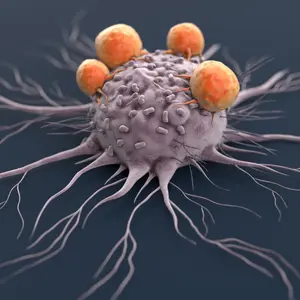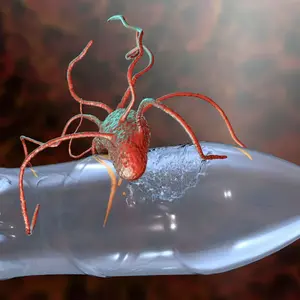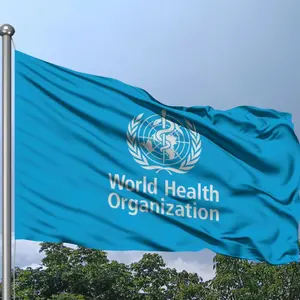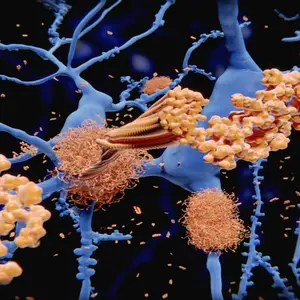

Emerging

Emerging
How Gut Microbiome Research Is Changing Cancer Treatment
Research shows the balance of microbes in the gastrointestinal (GI) tract can impact health—too much “bad” bacteria can cause inflammation or contribute to chronic disease, while ample “good” bacteria can help the immune system fight illness. Now researchers are exploring how the gut microbiome may influence the prevention and treatment of cancer.
Although much is still unknown about what makes a healthy microbiome, experts believe it is shaped by genetics, age, diet, lifestyle, the environment, and certain medications, such as antibiotics. Surgery, chemotherapy, and radiation—common treatments for cancer—can also disrupt the balance of good and bad bacteria. A study published in 2017 found that melanoma patients who responded to anti-PD-1 immunotherapy had higher rates of diversity and more of a “good” bacteria called Ruminococcaceae in their gut microbiomes.
Scientists are beginning to examine how to alter the microbiome to restore balance and potentially improve response rates to cancer treatments. Consuming probiotics—the “good” bacteria—or the prebiotic fiber-rich foods that feed the bacteria are both believed to modify gut bacteria. “Studies show that if you have a diverse gut microbiome—not just species but more diversity of the type of bacteria in the gut—it’s actually more protective for cancer,” says Dr. Saranya Chumsri, an oncologist at Mayo Clinic in Jacksonville, Florida. However, it’s not as simple as taking an over-the-counter probiotic supplement. The best combination of bacteria to introduce is not known, and the probiotics found in oral supplements may be killed by low stomach pH before reaching the gut.
Fecal microbiota transplants are another option for modifying the microbiome. Fecal transplants, the standard of care for the clostridium difficile infections that affect 20% of all people with cancer, involve transplanting fecal matter from a healthy donor into another person’s GI tract. Two recent studies looked at the effect of fecal transplants among the 40% of advanced melanoma patients who were not responding to their immunotherapy cancer treatments. Both studies found the fecal transplants improved outcomes, leading researchers to hypothesize that the gut microbiome may influence susceptibility to immunotherapy.
While fecal transplants are not yet widely available, a healthy whole foods-based approach to diet is currently the best way to balance the microbiome. Dr. Pankaj Vashi, a gastroenterologist at Cancer Treatment Centers of America in Chicago, says cancer patients who avoid sugar and fast foods and eat a diet rich in fruits, vegetables, and legumes have fewer side effects from cancer treatment and better outcomes overall.
A 2019 study of patients with melanoma found those who ate a high-fiber diet rich in whole grains, fruits, and vegetables were five times more likely to respond to anti-PD-1 therapy than those who had a low-fiber diet. The same study found that patients who took probiotic supplements had a lower microbiome diversity, bringing into question whether over-the-counter probiotics are beneficial. Until evidence for probiotics supplements and fecal transplants are more robust, the best recommendation is a whole food, plant-centered, high-fiber diet.
REFERENCES
Haelle, T. (2021, April 28). Follow your gut: Advances in understanding microbiomes are transforming cancer care. Cure. https://www.curetoday.com/view/follow-your-gut-advances-in-understanding-microbiomes-are-transformi…


 By
By







